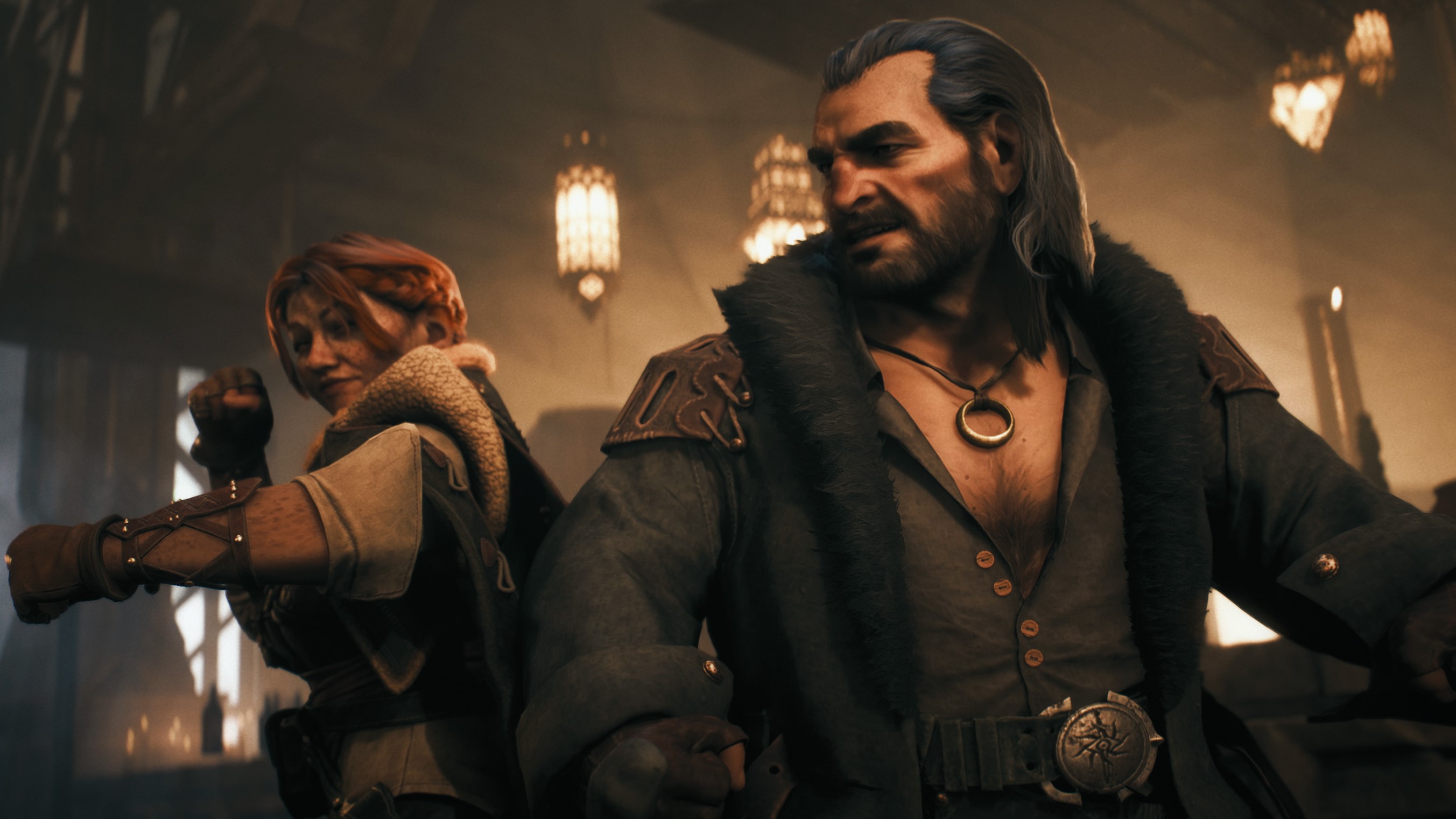I’ve noticed a trend—particularly in some recent RPGs—of, well, let’s call it ‘Netflixiness’.
Dialogue designed to leave absolutely nothing to interpretation, to exposit information in the most direct way possible, devoid of any real character or context. There’s an assumption that any moment the audience spends confused, curious, or out-of-the-loop is a narrative disaster.
I hate to keep knocking Dragon Age: The Veilguard about, especially since I still had a decent time with it all told, but the thing that made me break off from it after 60 hours really was its story. It’s a tale that does get (slightly) better, but it gave me a terrible first impression I never quite shook.



I go back and forth on this a lot. I’ve been gaming since the Atari 2600 and I agree this happens in games, but personally disagree that Veilguard was a clear example. I really enjoyed that title and platnum’ed it. I think it’s more likely, that just like music, movies and tv, expensive studios tend to use the most profit / least risk model. So if a game is appealing for age 1 to age 80 it gives them the least risk and the widest demographic. To further minimize that risk, every game has to have the same stupid Hollywood pitch lines of “Oh this game is <insert popular title here as X> but with a different Y and a new Z” in order to get traction from investors. Boring and dull are side effects of it. The fact it started to spread in the RPG genre is just another level of degradation.